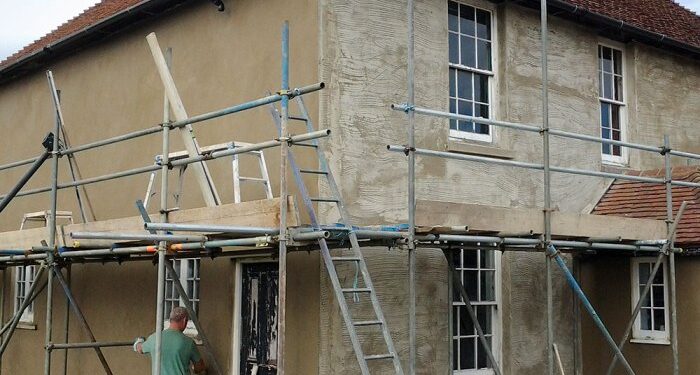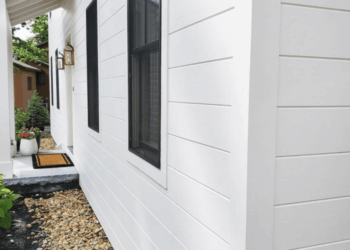Historic home restoration specialists play a crucial role in preserving the rich heritage of our architectural past. Their expertise in reviving old homes to their former glory is both fascinating and essential in maintaining our cultural legacy. This article delves into the world of historic home restoration specialists, exploring their skills, challenges, and the techniques they use to breathe new life into aged architectural marvels.
Overview of Historic Home Restoration Specialists
Historic home restoration specialists play a crucial role in preserving the architectural integrity and cultural significance of historical homes. These experts are skilled in repairing, renovating, and restoring old properties to their original state while incorporating modern amenities to ensure functionality and safety.It is essential to preserve and restore historic homes as they serve as tangible links to the past, showcasing architectural styles, craftsmanship, and design trends of bygone eras.
By maintaining these properties, we can protect our cultural heritage and learn from the history embedded in these structures.
Examples of Famous Restored Historic Homes
- The Biltmore Estate in North Carolina: This iconic mansion, built by George Washington Vanderbilt II in the late 19th century, has been meticulously restored to its former grandeur, attracting visitors from around the world.
- The Alamo in Texas: This historic site, known for its role in the Texas Revolution, has undergone extensive restoration efforts to preserve its significance and educate visitors about its rich history.
- The White House in Washington, D.C.: As the official residence of the President of the United States, the White House has been carefully restored over the years to maintain its historical importance and architectural beauty.
Skills and Qualifications
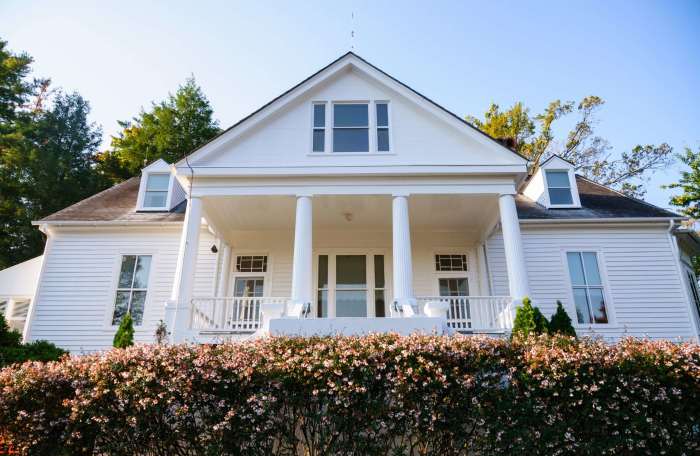
To become a successful historic home restoration specialist, a combination of technical skills, historical knowledge, and attention to detail is essential. Additionally, having the right educational background and specialized training can significantly enhance expertise in this field.
Essential Skills Required:
- Knowledge of historical architecture and design principles
- Proficiency in traditional building techniques and materials
- Ability to conduct detailed research and analysis
- Excellent problem-solving and critical thinking skills
- Attention to detail and precision in craftsmanship
- Strong communication and collaboration skills
- Project management and organizational skills
Educational Background:
Typically, a bachelor's degree in architecture, historic preservation, or a related field is preferred for aspiring historic home restoration specialists. Courses in architectural history, conservation, and preservation techniques can provide a solid foundation for this career.
Certifications and Training Programs:
Obtaining certifications such as the Historic Preservation Certification or completing specialized training programs like the National Center for Preservation Technology and Training can further enhance expertise in historic home restoration. These programs offer hands-on experience and in-depth knowledge of preservation practices.
Techniques and Best Practices
When it comes to historic home restoration, specialists utilize a variety of techniques to ensure the preservation of the home's historical integrity. By combining modern technology with traditional craftsmanship, these professionals are able to bring new life to old homes while maintaining their unique character.
Common Restoration Techniques
- Historical Research: Specialists conduct thorough research to understand the home's original design, materials, and architectural features.
- Preservation of Original Materials: Whenever possible, original materials such as wood, plaster, or brick are preserved and restored rather than replaced.
- Replication of Historic Details: In cases where original materials are no longer usable, specialists replicate historic details using traditional methods and materials.
- Structural Stabilization: Strengthening the foundation, walls, and roof to ensure the structural integrity of the home.
- Conservation Treatments: Applying appropriate treatments to protect and preserve historic surfaces and finishes.
Best Practices for Preservation
- Documenting the Process: Keeping detailed records of all work done on the home, including photographs and written descriptions.
- Respecting the Original Design: Avoiding unnecessary alterations that would compromise the home's historical integrity.
- Consulting Preservation Guidelines: Following established preservation standards and guidelines to ensure authenticity.
- Regular Maintenance: Implementing a maintenance plan to prevent future deterioration and maintain the restored home's condition.
Combining Modern Technology and Traditional Craftsmanship
Modern technology such as 3D scanning, computer-aided design, and laser cutting are used to enhance the precision and efficiency of restoration work. However, these tools are always combined with the skilled craftsmanship of artisans who have a deep understanding of traditional building techniques.
This fusion of old and new allows for the preservation of historic homes in a way that honors their past while ensuring their longevity for future generations.
Challenges Faced by Historic Home Restoration Specialists
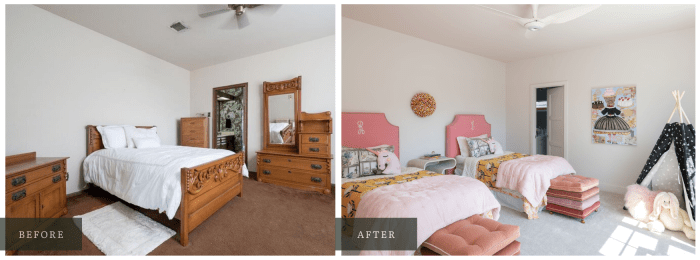
Historic home restoration specialists encounter various challenges that can impact the successful completion of their projects. These challenges can range from sourcing authentic materials to navigating the complexities of obtaining necessary permits and approvals for restoration work.
Issues with Sourcing Authentic Materials
One of the major challenges faced by historic home restoration specialists is sourcing authentic materials that match the original components of the historic property. This can be particularly difficult for older homes where certain materials may no longer be readily available or may have been replaced with modern alternatives over the years.
In some cases, specialists may need to search far and wide to find reclaimed materials that closely resemble the original ones used in the historic home. This process can be time-consuming and expensive, adding complexity to the restoration project.
Difficulties in Obtaining Necessary Permits and Approvals
Another significant challenge for historic home restoration specialists is navigating the process of obtaining necessary permits and approvals for restoration work. Many historic properties are subject to strict regulations and guidelines to preserve their historical integrity.
Specialists must ensure that their restoration plans comply with these regulations, which may involve submitting detailed proposals, attending hearings, and working closely with local historical preservation boards. Delays in obtaining permits can prolong the restoration timeline and add unexpected costs to the project.
Closure
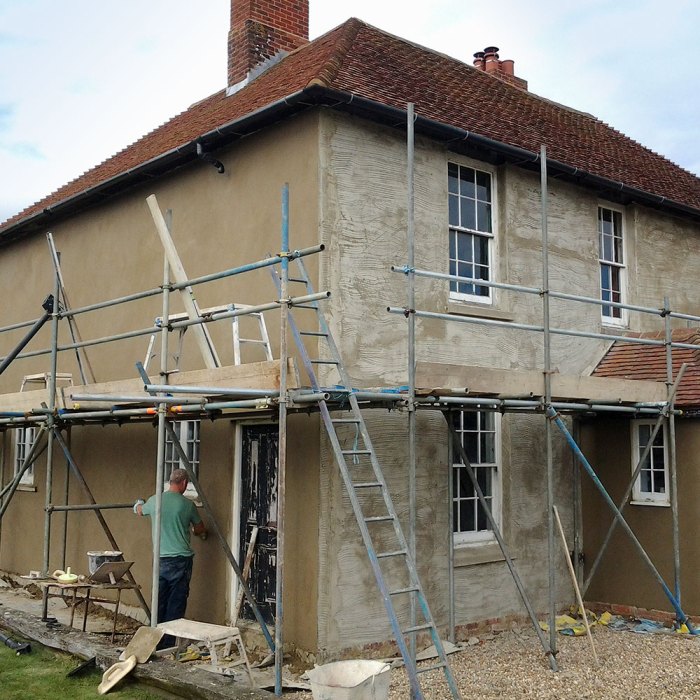
As we conclude this exploration into the realm of historic home restoration specialists, it becomes evident that their work is not just about renovating old houses—it's about honoring history, craftsmanship, and the stories embedded within these walls. Through their dedication and expertise, these specialists ensure that the legacy of our past remains vibrant and alive for generations to come.
Helpful Answers
What are the essential skills required to become a historic home restoration specialist?
Attention to detail, knowledge of historical architecture, carpentry skills, and an understanding of preservation techniques are essential skills for historic home restoration specialists.
What educational background is typically needed for this profession?
A background in architecture, historic preservation, or a related field is often required to become a historic home restoration specialist.
Are there any certifications or specialized training programs that can enhance expertise in historic home restoration?
Obtaining certifications in historic preservation or taking specialized courses in restoration techniques can significantly enhance expertise in historic home restoration.

